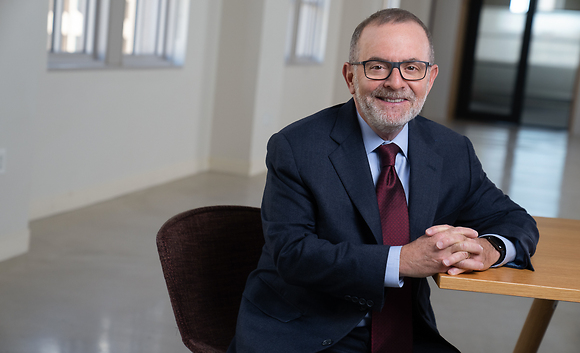Scott Michel Speaks to Tax Notes on Tax Practitioners' Obligations When Advising Clients with Foreign Accounts
What does it take to be rich in Miami? Probably about $50 million -- same as New York City. Although Florida has no income tax, and foreign-born Florida rich don't pay much tax to their home governments, the prices of real estate and amusements in the two cities are similar, driven upward and out of reach of locals by demand from the world's rich. In Miami's case, that'd be Latin American rich.
According to the latest streamlined program FAQs, the taxpayer's adviser has to sign Form 14654/14653, which is matched to bank information the IRS has, including information from the Justice Department's Swiss bank program. Having to sign the form makes the professional a gatekeeper. Practitioners are feeling the effect.
"There's a big question regarding how much due diligence a practitioner has to do to submit a streamlined," said Scott Michel of Caplin & Drysdale. "Do we have to read the bankers' notes or do third-party verification? Or is it enough to hear the taxpayer's story, evaluate his/her credibility, look to the easily available evidence, and make a judgment?" He added that these are all unanswered questions and there is disagreement among practitioners.
"Practitioners increasingly find themselves making difficult judgments under time pressure based on limited information concerning whether a new client has acted willfully or non-willfully," said Michel. "The government seems to say that if you get it wrong, the taxpayer could be tossed out of any disclosure program, or worse, go to jail for lying about his own lack of willfulness."
"The burden is falling on practitioners to steer clients into the right program, and it's not clear what standards the IRS or the Justice Department expect us to apply in making what is at bottom a judgment call. More thought needs to go into this question," said Michel.
What if the taxpayer doesn't understand the elaborate setup constructed by his advisers? An understanding of the legal form is not necessary to establish willfulness, but the substance could demonstrate willfulness, according to Price. So even if a taxpayer does not understand the details of the trust instrument, a grant of complete discretion to the trustee could point to willfulness, he explained.
"If any of these cases ever went to court, it's the government's burden to prove willfulness, under whatever standard," said Michel. What is the burden of proof when the question of willful failure to file FBAR gets to court? Several decisions hold that the IRS needs only a preponderance of the evidence to prove willfulness (McBride, 908 F. Supp.2d 1186 (D. Utah 2012) , Williams, 489 Fed. Appx. 655 (4th Cir. 2012)
, and Zwerner, No. 1:13-cv-22082-CMA (S.D. Fla. 2013
). (Prior coverage: Tax Notes, Oct. 31, 2016, p. 629
.)
For the full article, please visit Tax Notes’ website (subscription required).
Excerpt taken From the article “Did You Really Mean to Hide Those Foreign Accounts?” Part 4 by Lee A. Sheppard for Tax Notes.
Attorneys
- Member
